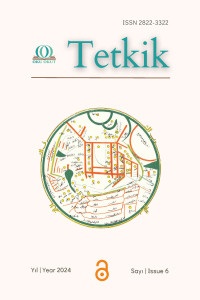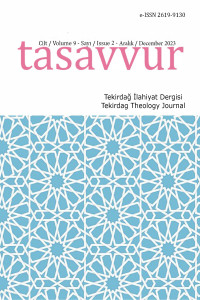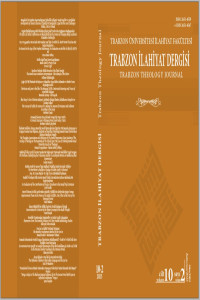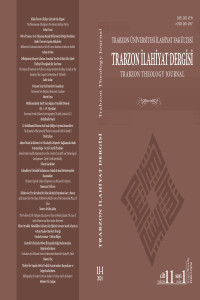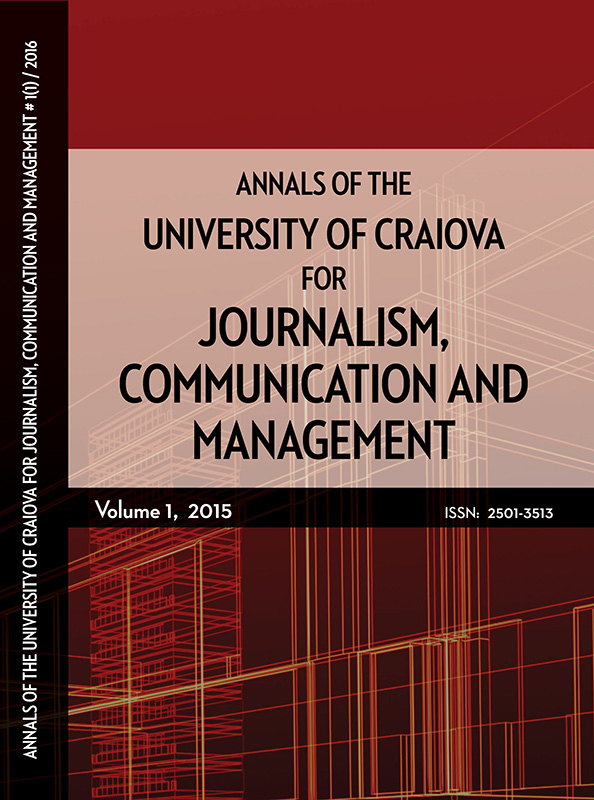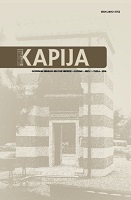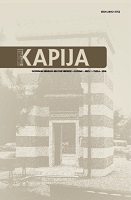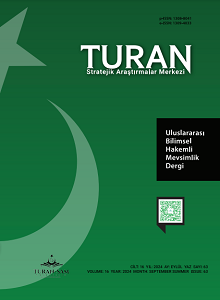
BİR MÜSTEŞRİK OLARAK JOSEPH SCHACHT’IN İSLAM HUKUKU HAKKINDAKİ YANILGILARI III
The previous research titled "Joseph Schacht's Misconceptions About Islamic Law as an Orientalist I" and "Joseph Schacht's Misconceptions About Islamic Law as an Orientalist II" are about the life of Joseph Schact, who was born in the Upper Silesia region of Germany in 1902. It is partially included in our series. For this reason, in this article, we will not go into detail about Joseph Schact's life unless necessary. As in our other two articles, the main source in this research will be Schact's work titled "An Introduction to Islamic Law", translated by Mehmet DAĞ and Abdülkadir ŞENER and published by Ankara University Press in 1986. When first read, this work attracts attention as a very impressive and comprehensive work. However, when you look between the lines, it gives the impression that some of what is written are misconceptions that have nothing to do with Islamic law. It seems that no justification or source is given for these stories. For this reason, it is necessary to somehow reveal that the truth has nothing to do with what is said. As in the other two studies, the aim of this research is to reveal that these misconceptions do not coincide with the truth in any way. As in the other two articles mentioned above, not all of the findings from Joseph Schact's work An Introduction to Islamic Law will be included in this article. A few of these will be listed below, and the remaining findings will be included in another article later. The main topics that will be included in this research from Schact's claimed statements are: “Pledge is the Change of Ownership, “Pledge Cannot Be Used by Anyone (Priest or Apostate),” “Exchange of Commercial Goods Almost Never Takes Place in Islamic Law,” “Just as there is no concept of corporation in Islamic law, there is also no concept of legal personality.” “At the same time, there is no freedom to cooperate in the current sense” and “Only when it comes to earnings, it is considered a company. The capital owner (rabbu'l-mal) in this company suffers the loss” The issues mentioned here will not be discussed in depth and will only be evaluated as a response to Schacht's claims.
More...
